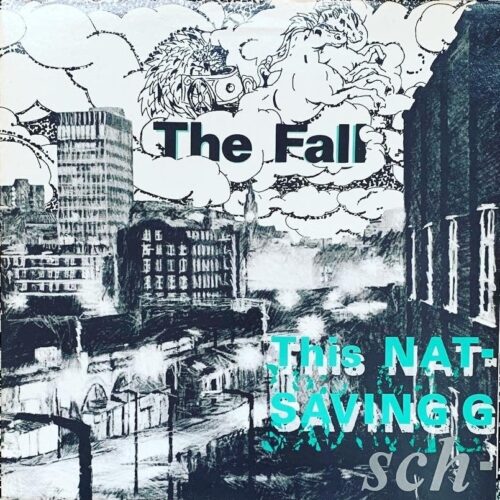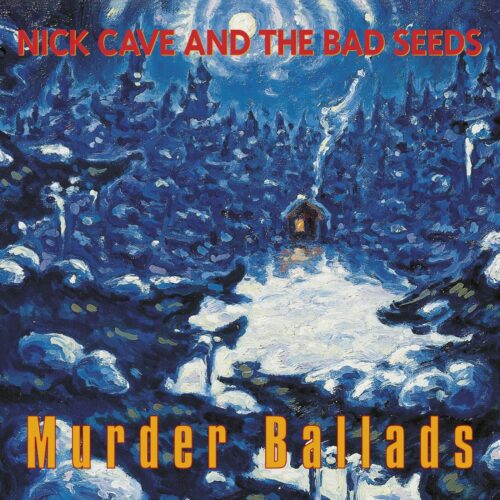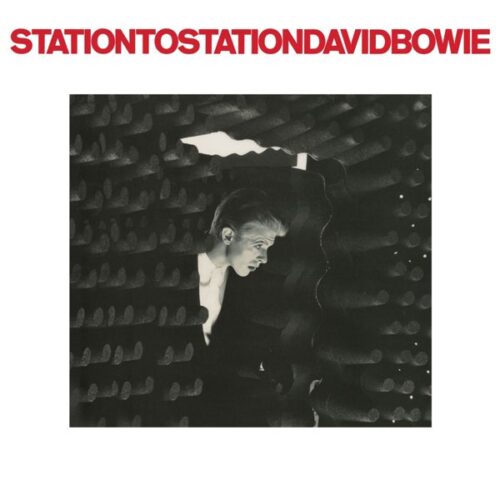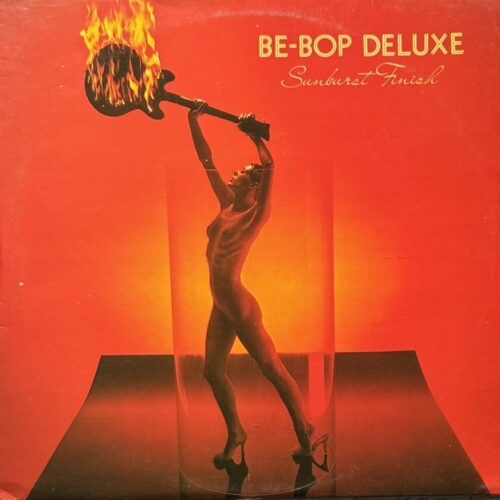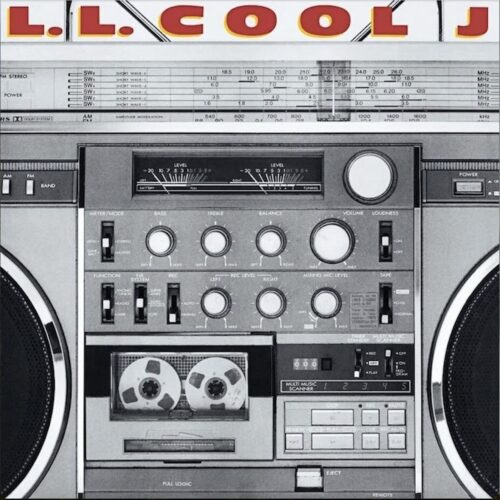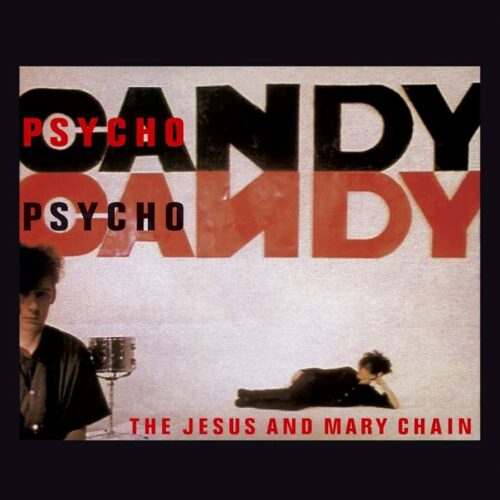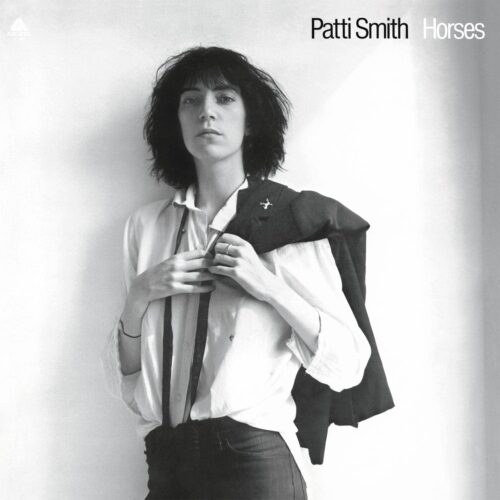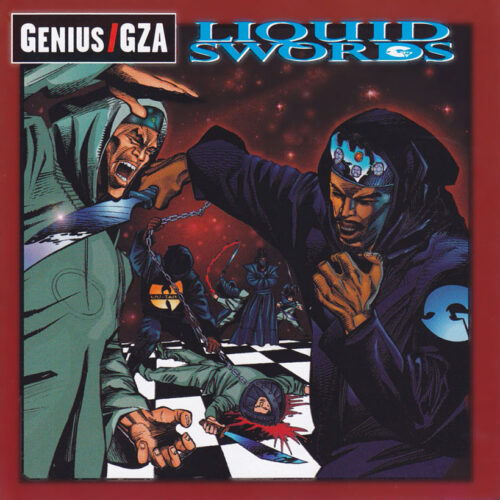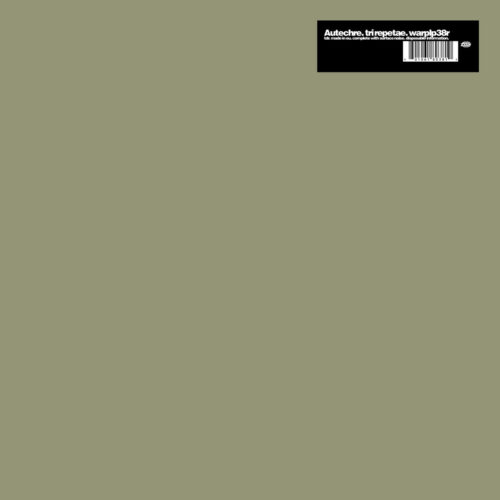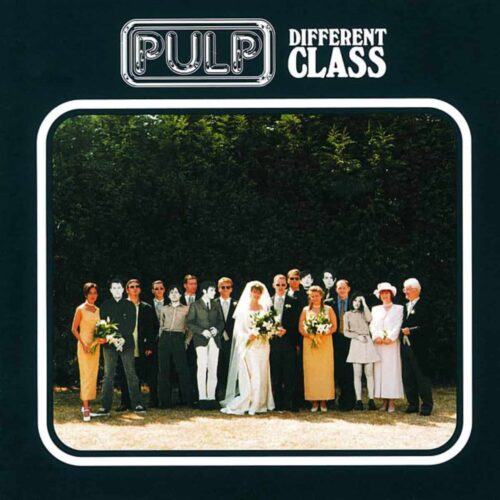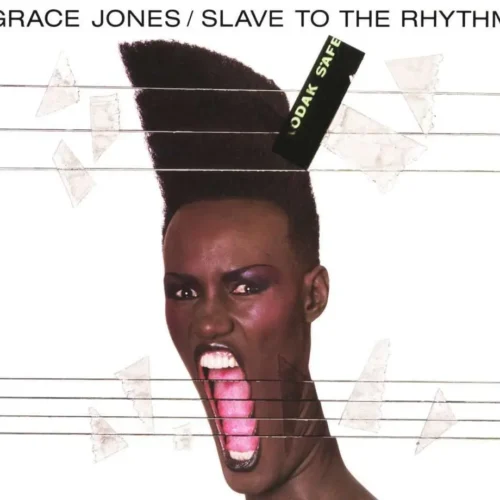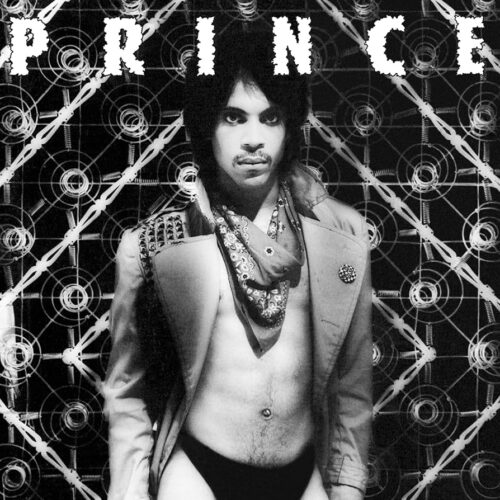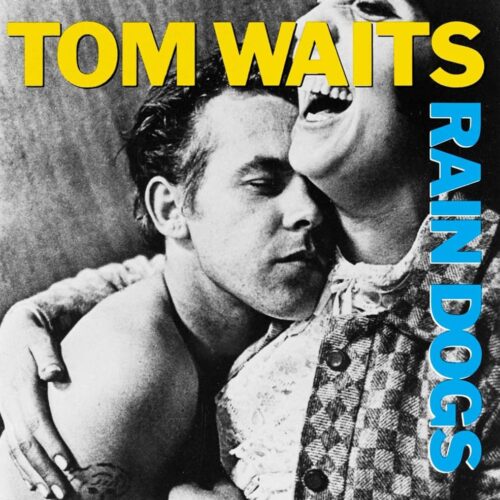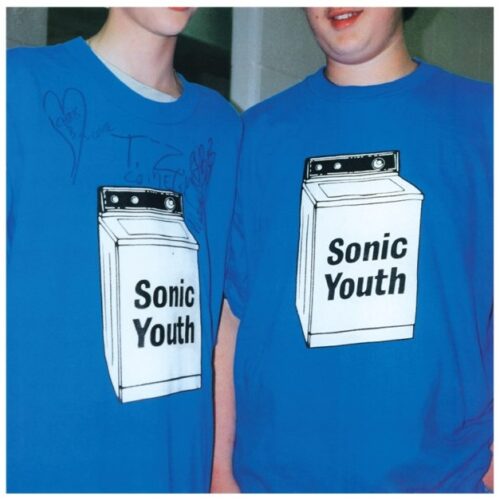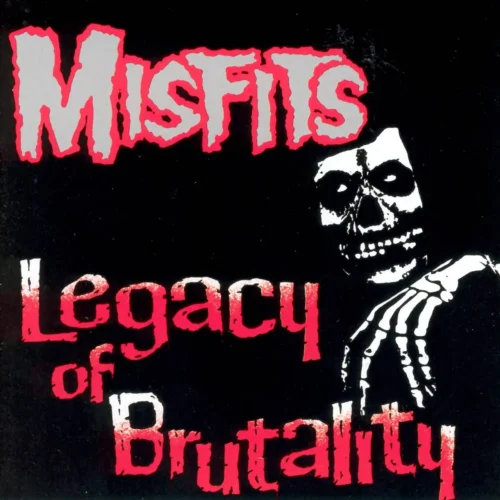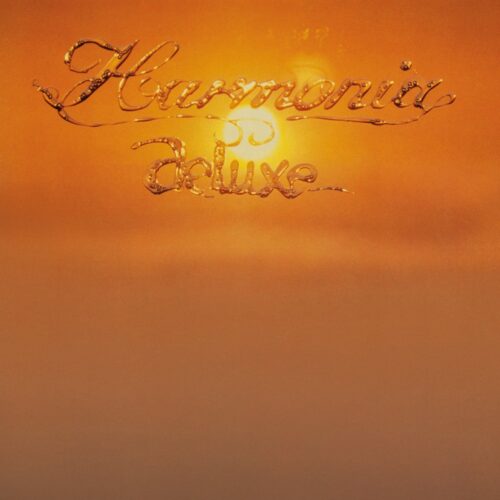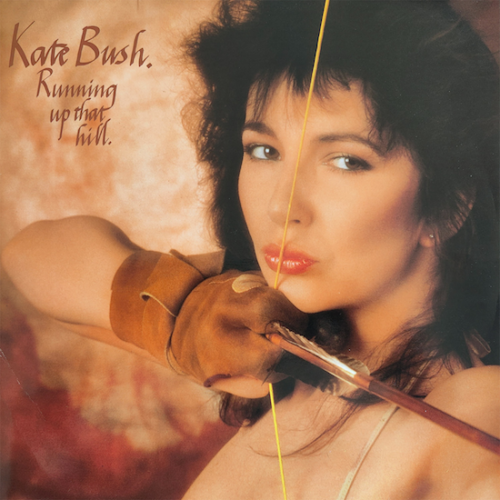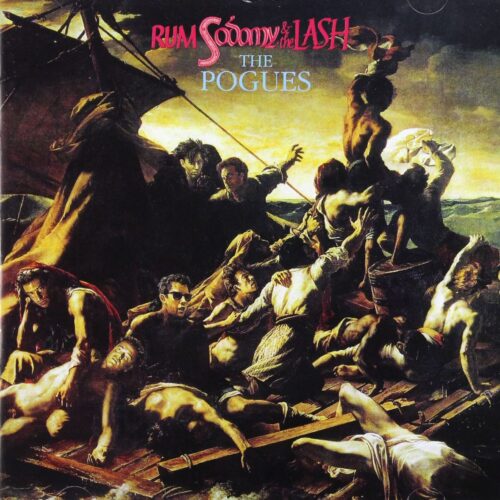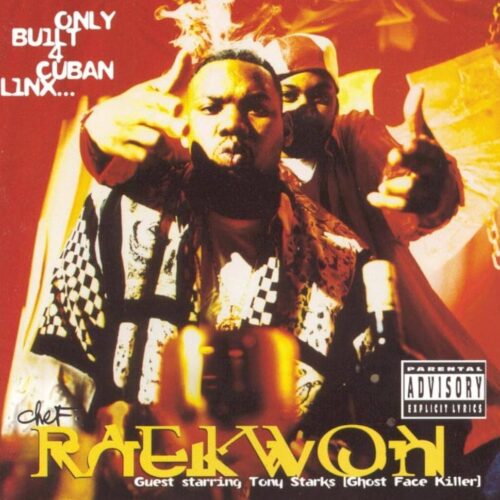


Anniversary
Spotlighting the impact of cultural landmarks
Unbeatable: Drum’s Not Dead by Liars, 20 Years On
Two decades on from the release of Liars third album, Luke Turner argues that its percussive invention shouldn't obscure a rich, emotional core. For our top tier Subscriber Plus supporters, this Anniversary feature comes with a playlist by Liars of the music they were listening to when the album was made.
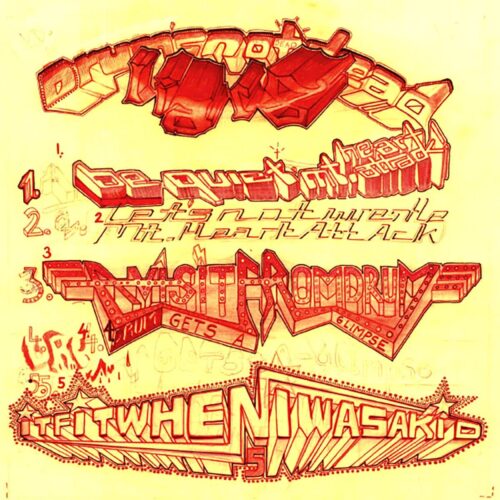
“It’s About Time We Brought Art In, Innit?” Talk Talk’s The Colour Of Spring at 40
Though eclipsed by what came in its wake, The Colour Of Spring, at the heart of Talk Talk’s catalogue, is no less astonishing. Forty years on, Wyndham Wallace commends the inaugural rebirth of Mark Hollis’ synthpop band. And for top tier subscribers there is a 'Quietus Essentials Playlist' guide to the music of Talk Talk
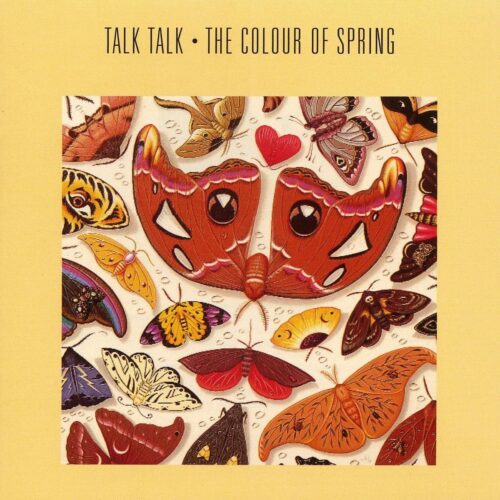
How men are? The Preposterously Testosterone-fuelled Taxi Driver turns 50
John Quin presents a hormonally loaded take on Martin Scorsese and Paul Schrader’s classic of male alienation. For top tier subscribers to this site, click below for a 'Quietus Essentials Playlist' guide to the cinematic music of Bernard Herrmann
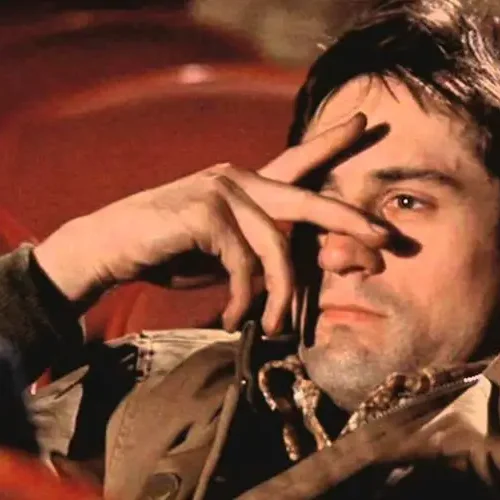
Rhythmic Cinema: Why Battleship Potemkin Remains Relevant, 100 Years On
From Shostakovich, to Pet Shop Boys, to DIY and grassroots collectivism, Luke Richards celebrates the centenary of the first public screening of Sergei Eisenstein's Battleship Potemkin, on January 18, 1926, and the myriad interpretations of its soundtrack which keep it relevant and radical today
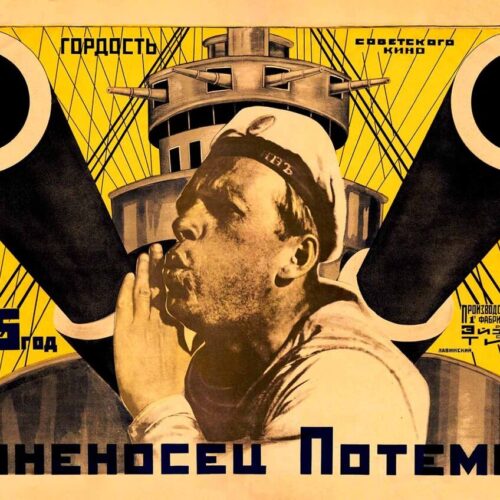
Been Around The World: The Magical Odyssey Of The Avalanches’ Since I Left You
A concept album that transcended its concept, a stealth mix-CD, global disco, sampledelic exotica, yacht rock by other means: the Australian group’s debut was many things, writes David Bennun - and above all it was, and remains, a joy. This article was first published in 2020
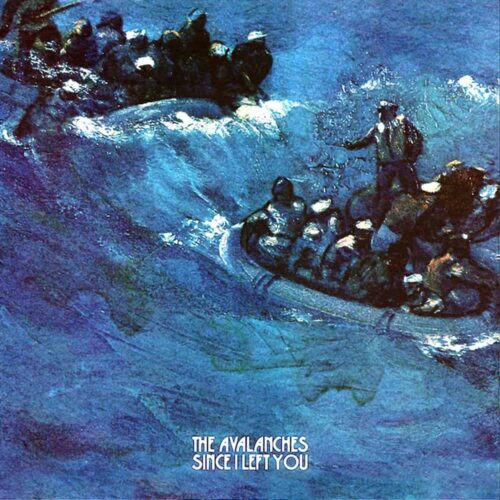
The Murmuring of the Future: Ghost In The Shell 30 Years On
Lawrence English speaks to art director Hiromasa Ogura and composer Kenji Kawai in order to celebrate one of the greatest anime ever made. Japanese interview translation by Haruna Ito. Cover portrait of Hong Kong courtesy of the author

The Impossibility of Forgetting: Haneke’s Caché at 20
Rory Kiberd looks back at an implacable and unforgiving film that has only become more relevant over the last two decades. Contains spoilers for Caché and plot information from various Haneke films plus The Act Of Killing, Eternal Sunshine Of The Spotless Mind and The Zone Of Interest. CW: discussion of suicide and atrocity
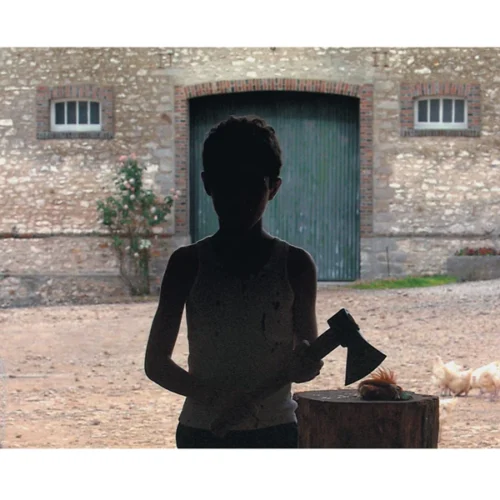
Messing Up The Paintwork: The Fall’s This Nation’s Saving Grace at 40
‘Paintwork’, an album track from This Nation’s Saving Grace, is in some respects the key to the song-writing processes of The Fall. John Doran looks back to 1985 with some help from Mark E. Smith. Originally published in 2010
